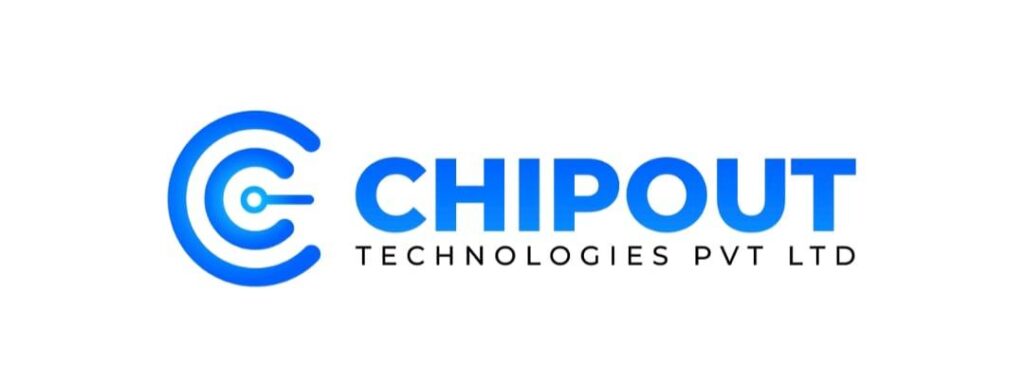Python Training
Introduction to Python
- What is Python?
- Python Scripts
- Print Functions
- Literals
- Quoting Rules
Fundamentals of Python
- Numbers and Strings
- Lists and Tuples
- Dictionary
- Standard Input and Output
- Predefined file Handles
Operators and Conditions
- String, Assignment, Arithmetic Operators
- Relational and Equality Operators
- Logical operators
Regular Expressions
- Simple Statements and Modifies
- Pattern Matching
- The tr function
- Pattern Matching
Loops
- Labels and Blocks
- While, Until, For
- Labels, Loops and loop control
- Foreach
Working with Files
- User Defined file handles
- Open file for Writing, Reading, Appending
- Open for pipes
- Close, eof functions
Arguments
- @ARGV array command line arguments
- ARGV and the Shift functions
- Array Built-in Functions
- Functions: grep, split, join, slice, pop, push
- Functions: shift, unshift, reverse, sort, chop, chomp
- Associative Array Functions
Python Modules
- Subroutines
- Passing by reference, value
- Return statement
- Standard Perl Library
- @INC Array
- Packages and .pl files
- Require function
- Modules and .pm Files
Objects and Object-Oriented Python
- Object oriented Python
- Classes
- my function
- objects, methods
- destructors
- Inheritance
- Derives classes
Python for VLSI flow automation
- Setting up complete regression flow till report generation
- Creating complete SOC Test bench Environment Structure
- Developing test cases using parameter input text file
- CSV file handling
- Generating testbench using CSV file and user provided input
- Handling regression logs
- Parsing spreadsheet and writing spreadsheet.
- UVM Register Model Creation using spreadsheet
- Regression result speadsheet creation
- Regression result HTML creation
- Recursive directory manipulation
DFT(Design for Testability) involves using SCAN, ATPG, JTAG and BIST techniques to add testability to the Hardware design. These techniques are targeted for developing and applying tests to the manufactured hardware. There tests in turn help catch manufacturing defects like stuck at 0, 1 faults, and transition delay faults etc.
DFT Training will focus on all aspects of testability flow including DFT basics, various fault types, SOC Scan Architecture, different scan types, ATPG DRC Debug, ATPG Simulation debug, and DFT diagnosis. DFT Training course will also focus on JTAG, MemoryBIST, LogicBIST, Scan and ATPG, test compression techniques and Hierarchical scan design.
As part of DFT Training, a complex design example with variety of memories spread around the design used as a reference for learning all testability. While MBIST used to test memories. Boundary scan is a requirement for designs, used to control the MBIST controllers that are created to minimize the need for having extra external pins to run the memory tests. ATPG test patterns will be created for various different fault models like stuck-at, transition delay, path delay fault models. Various TestKompress techniques will be used to compress test patterns to ensure patterns can be applied on minimal number of IO pins used during test. Compressed test patterns will run more quickly on the production test floor and require less tester memory. Patterns are validated through Simulations.
DFT Training course is designed as per the current industry requirements with multiple hands on projects based on Scan, ATPG, JTAG and MBIST. DFT Training will help student with in-depth knowledge of all testability techniques. Hands-on project will involve creating large number of test cases for various aspects like Scan insertion, Compression, JTAG and ATPG pattern generation using Tessent tool. More importance is given to basic concepts, interaction sessions, hands-on, important notes and assignments.
MentorGraphics Tessent tool is used for training. As per industry survey, it is used by more than 80% companies for DFT. Student will have access to tool at the institute for 12 months after course completion, with a provision to extend beyond.
| Course | Python Training |
|---|---|
| Duration | 5 weeks |
| Next Batch |
|
| Schedule | |
| Theory Sessions | 3.5 Hours on Saturday & Sunday |
| Practice Sessions | 3.5 Hours on 3 weekdays (Working professional can practice from home, with remote support) |
| Fee | eLearning: INR 4,500 + GST at 18% Live Training: INR 5,000 + GST at 18%
|
| Tool | |
| Mode of training | Classroom training |
| Online training using live training sessions | |
| Certificate | Issued based on 50% assignment completion as criteria |
| Assignments | 5 |
Course Highlights
- 1-1 Dedicated Mentor Support
- 24/7 Tool Access
- Multiple mock interviews
- Industry Standard Projects
- Support with resume update

